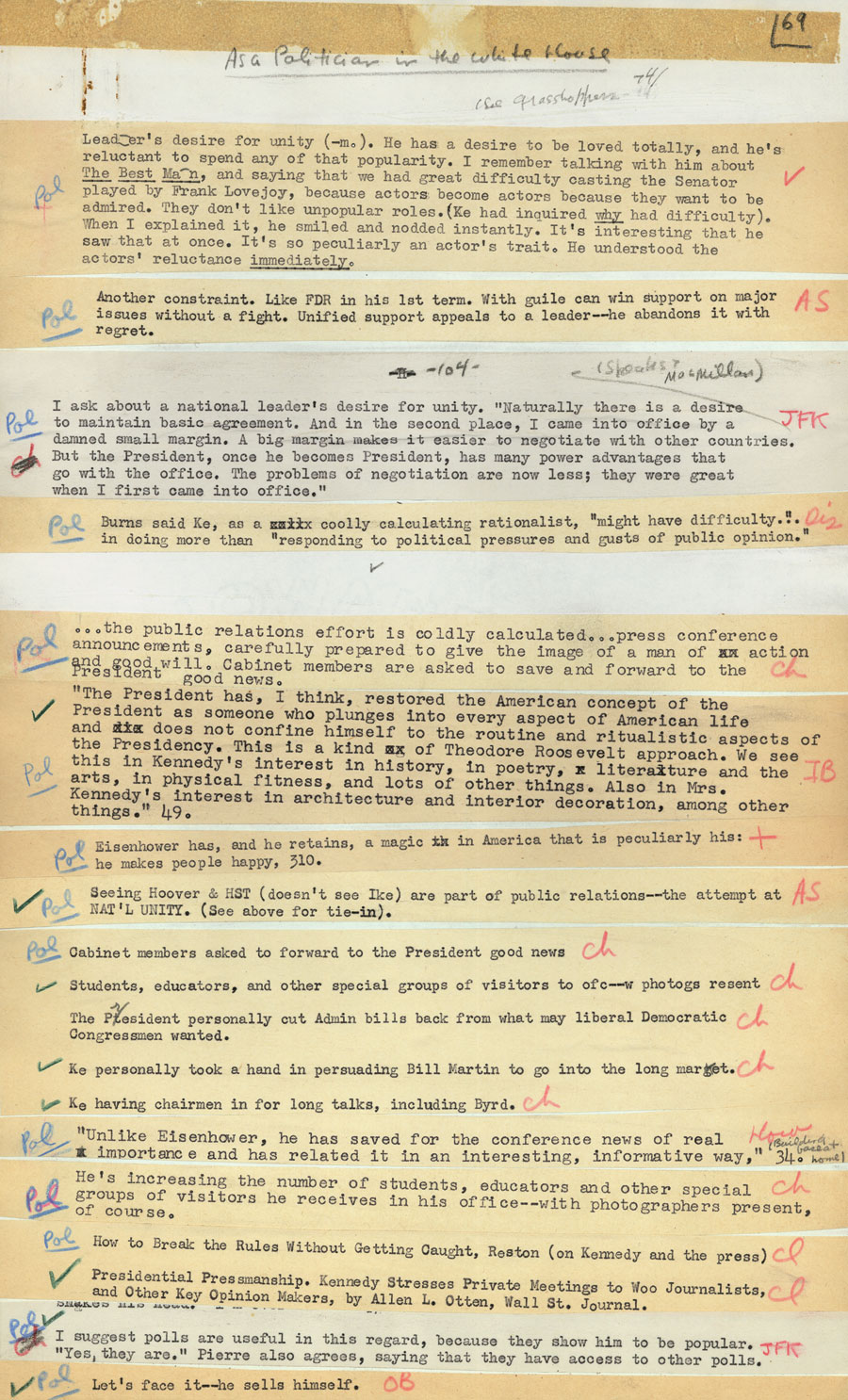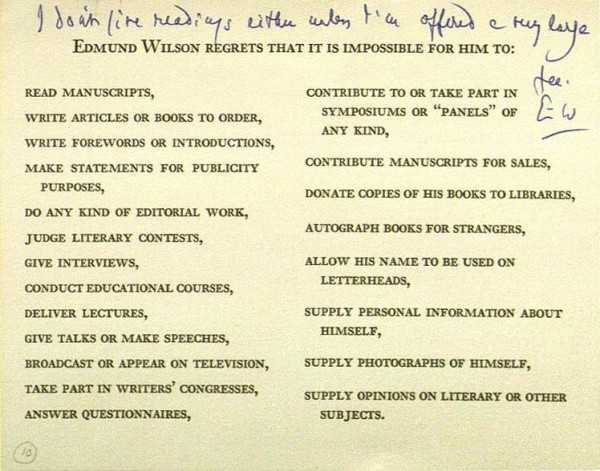I have a new work routine. Mornings, I go into the city to write in the main reading room of the Boston Public Library, where I churn out a thousand words a day on my new novel. The BPL has wireless internet access, so I don’t bring a laptop. Too much distraction. Instead I type on a little portable keyboard, a gadget called the AlphaSmart Neo, which I’ve written about here before. In the afternoons, my thousand words complete, I work on other things: research, editing, email, this blog, etc.
Ordinarily I do not like routinized, quota-based writing schedules like this. It does not fit my personality very well. I prefer to work in intense bursts of three or four or even five hours at a time in which I start and complete an entire scene in a single heroic effort. These marathon sessions leave me exhausted, so one exhilirating hyper-productive day is usually followed by two desolate fallow ones. I would prefer to smooth this out, of course, and maintain a more professional, clockwork writing schedule. But my brain does not seem to work that way. My natural method is sprint-and-recover, sprint-and-recover.
I don’t recommend this method to other writers. Novel-writing is harrowing enough without putting yourself through the wringer this way. More important, the net result is fewer words produced. The hare may write better than the tortoise, but he will write less. And publishers value “more” over “better” — regular producers, however mediocre, are in demand; erratic producers, however brilliant, less so. Particularly at this point in my career, I simply can’t afford another missed deadline or long silence between books.
So, after an unproductive week last week, I’ve resolved to become a thousand-word-a-day tortoise for as long as I can stand it. Why 1,000? As you can tell from this (still new) blog, I am obsessed with other writers’ work habits, their daily routines, their work spaces. It is a natural curiosity for anyone in a solitary profession, I suppose. You want to ask, “Am I doing this right?,” but there is no one to put the question to. So you study other writers to see what works for them, and you experiment to see what works for you. Unfortunately there are as many writing routines as there are writers. On the low end, there is Graham Greene and his famous 500 words a day. Many writers talk about 1,000 words a day, including one recently quoted here, J.G. Ballard. The most common writer’s routine I’ve heard is “five pages a day.” (A thousand words comes out to only three or four manuscript pages. You’ve read about 450 words so far.) So I’ve chosen the middle way, neither especially ambitious or lax.
And it seems to be working. Why it is working I have no idea. Maybe it helps to get on the train and commute into town every morning like a banker. Maybe it is because the soaring, barrel-vaulted reading room at the BPL is a beautiful, inspiring space. Maybe it is just refreshing to dump a work routine that has ceased to be productive. Who knows? These writing routines tend to work for awhile, then, for mysterious reasons, they don’t. That is just the way it is in a creative endeavor.
So I’ll stick with it while it’s working. I’m not naturally a thousand-words-a-day kind of writer. I want to be great, and I worry that you cannot be great if you aspire merely to be consistent. But for now this is what I have to do. My book is due January 1.


